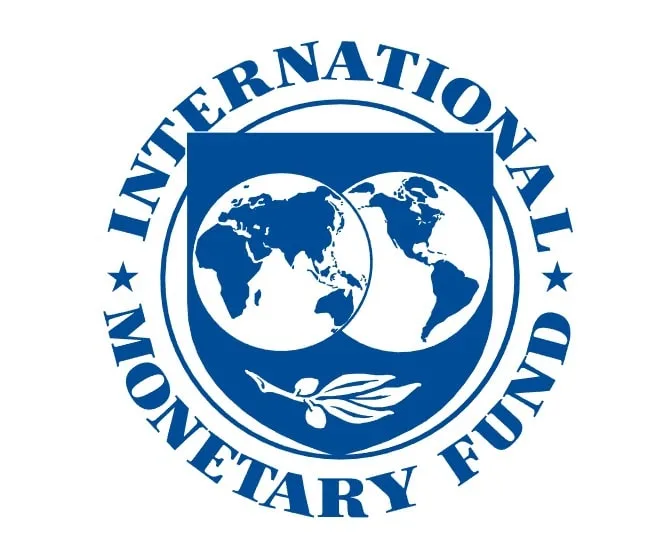
The Senegalese authorities and IMF staff have reached a staff-level agreement on policies needed to complete the first reviews of the Senegal’s Extended Fund Facility (EFF) and Extended Credit Facility (ECF), combined with the Resilience and Sustainability Facility (RSF).
Growth in 2023 is expected to remain below its pre-pandemic levels. However, with the presidential election behind and the start of hydrocarbon production, prospects for 2024 onwards are more favorable. The authorities remain committed to achieving their fiscal consolidation targets. The structural reform agenda supported by the ECF/EFF and RSF is advancing; Completion of the reviews by the IMF Executive Board would lead to the disbursement of about US$ 276 million or CFAF 169 billion.
A staff team from the International Monetary Fund (IMF) led by Mr. Edward Gemayel, conducted a mission in Dakar during October 12-24 to review progress under the authorities’ economic program supported by an EFF / ECF arrangement of SDR 1,132.6 million (about US$ 1.5 billion), combined with the RSF of SDR 242.70 million (about US$320 million). The EFF/ECF and RSF arrangement were approved by IMF Executive Board on June 26, 2023,
At the conclusion of the mission, Mr. Gemayel issued the following statement:
“I am pleased to announce that we have reached a staff-level agreement on the first reviews of the authorities’ economic program that is supported by the EFF/ECF and the RSF arrangements. The staff-level agreement is subject to IMF Management approval and consideration by the IMF’s Executive Board, which is tentatively scheduled for mid-December 2023. Upon completion of the review, Senegal would have access to SDR 161.8 million (about US$ 212 million) under the EFF/ECF and to SDR 48.54 million (about US$63,7 million) under the RSF.
“Growth is projected to reach 4.1 percent in 2023, still below its pre-pandemic level for the second year in a row, weighed down by a challenging external environment and the socio-political situation in the first half of 2023, which took a toll on activity in the commerce and services sectors. Inflation is expected to recede to 6.5 percent this year down from 9.7 percent last year and is not expected to return to the WAEMU target of 3 percent before 2025. The external current account deficit is projected to decline moderately to 14.5 percent of GDP, partly attributed to improved terms of trade. With the presidential election behind and the start of the hydrocarbon production in the second half of 2024, macroeconomic prospects are expected to be favorable. In 2024, real GDP growth is projected at 8.3 percent, with the non-hydrocarbon growth picking up to 5.3 percent.
“Performance under the Fund-supported programs has been satisfactory. All performance criteria and indicative targets for end-June 2023 but one have been met. Three out six structural benchmarks for the first review of the EFF/ECF program have been completed. The authorities are committed to implementing the three remaining structural benchmarks on governance agenda and tax expenditure strategy ahead of the Executive Board discussion. The two reform measures for the first review under the RSF, which are related to the adoption of a Public Investment Management (PIM) decree integrating climate considerations at each step of the project development and the implementation plan for the strategy for greener public transport, have been completed. The mission encouraged the authorities to complete the remaining measures to exit the FAFT’s grey list by May 2024.
“The authorities maintain their steadfast commitment to attaining their fiscal consolidation goals. For 2023, they anticipate that improved revenue collection and better spending control are expected to help reduce the fiscal deficit to 4.9 percent of GDP. Looking ahead to 2024, achieving a fiscal deficit of 3.9 percent of GDP will depend on implementing measures designed to streamline tax expenditures and reduce energy subsidies to 1 percent of GDP. The authorities are building up liquidity buffers this year to secure debt service payments during January-April 2024. Debt is expected to peak in 2023 and then gradually decline as a percent of GDP over the medium term, reflecting continued fiscal consolidation and growth of the economy.
“The structural reform agenda supported by the RSF is advancing. The mission commended the authorities for preparing a green budget attached to the 2024 budget law that outlines climate challenges facing Senegal. Near-term priorities under the RSF include reflecting the country’s National Determined Contribution (NDC) in the updated national development strategy (PAP3) and approving Urban and Construction codes to mitigate the impact of costal erosion and urban flooding.
“The IMF team wishes to thank the authorities and other counterparts for their excellent cooperation and candid and constructive discussions during the review mission and reaffirms the IMF’s support to Senegal.
During the visit, the IMF team met with His Excellency, President Macky Sall; Mr. Amadou Ba, Prime Minister; Mr. Mamadou Moustapha Ba, Minister of Finance and Budget; Nobert Toé, Vice-Governor of the BCEAO; the finance commission of the national assembly; and other senior government and BCEAO officials. Staff also had productive discussions with development partners.”
Distributed by APO Group on behalf of International Monetary Fund (IMF).

